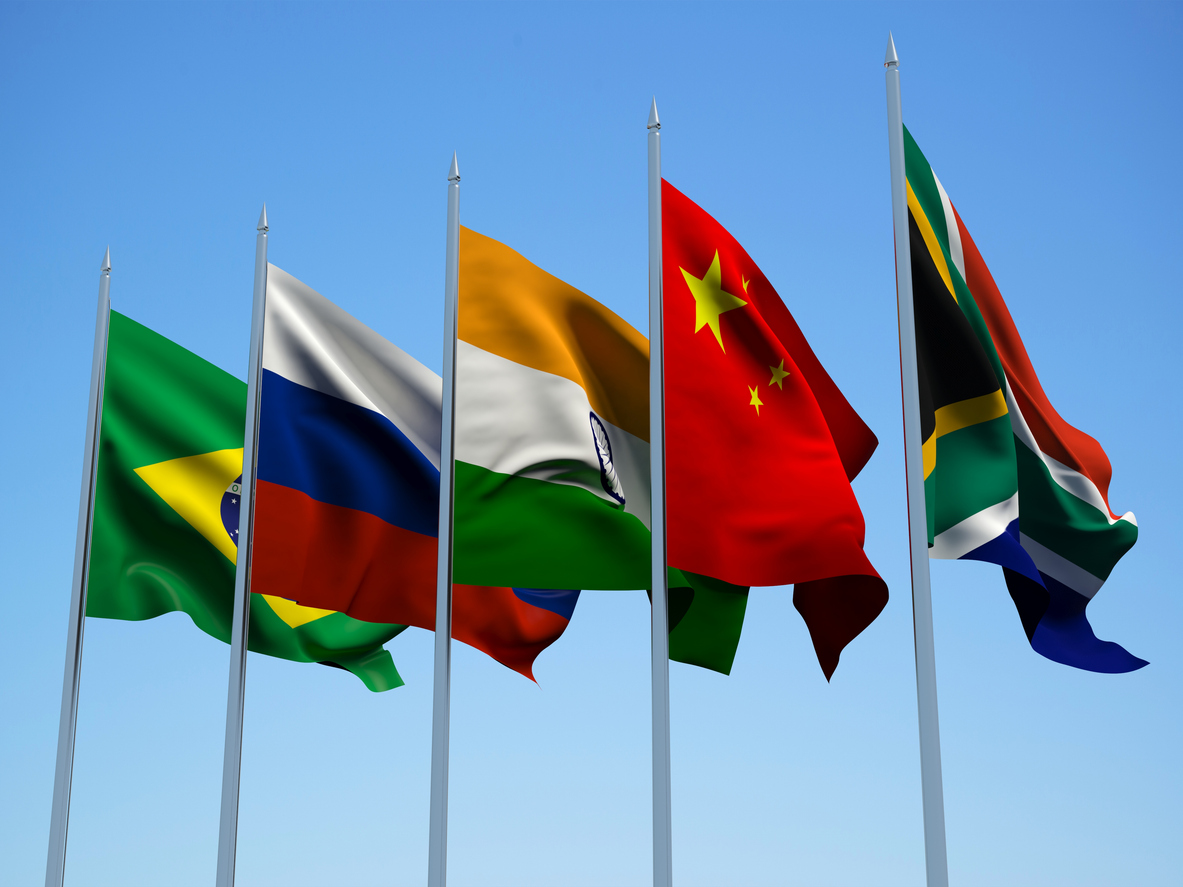
October 22, 2024
The summit takes place under Russia’s chairmanship, following BRICS expansion, and amid Western efforts to isolate Russia over the Ukraine conflict
Modi is expected to hold bilateral talks with Russian President Vladimir Putin, marking their second meeting in 2024
BRICS expanded last year and now represents nearly half of the world’s population, highlighting India’s focus on giving the Global South a stronger voice
The summit addresses global challenges, including climate change, supply chains, and reformed multilateralism, and it includes key discussions of economic cooperation and security

Prime Minister Narendra Modi departed for Russia, heading to Kazan to attend the 16th BRICS Summit. The summit, scheduled from 22 to 24 October, comes at a critical time, with global tensions rising and expectations for India to play a pivotal role in multilateral diplomacy.
PM Modi’s visit is particularly significant as it may present the first opportunity in months for a direct engagement with Chinese President Xi Jinping, following the recent agreement on disengagement along the Line of Actual Control (LAC). While India’s Ministry of External Affairs has not confirmed a meeting between the two leaders, speculation about such a bilateral discussion is rife.
Under the theme “Strengthening Multilateralism for Just Global Development and Security,” the BRICS Summit will cover key global issues ranging from climate change to economic cooperation and resilient supply chains. The event also highlights the importance of India-Russia ties, as Modi is expected to meet Russian President Vladimir Putin for the second time this year, following their July summit in Moscow.
For President Putin, this summit serves as a platform to show that Western efforts to isolate Russia in the wake of the Ukraine conflict have not succeeded. In addition to BRICS members Brazil, Russia, India, China, and South Africa, new members such as Egypt, Ethiopia, Iran, and the United Arab Emirates, added in January 2024, will also participate. Together, BRICS now represents nearly half of the world’s population and a significant portion of its economic power.
BRICS was conceived as a counterweight to Western-dominated institutions like the International Monetary Fund and the World Bank, providing a platform for non-Western countries to influence global economic and political agendas. With its expanded membership, BRICS is positioned to further increase its global impact, with India focusing on multilateralism and strengthening the voice of the Global South.
The summit in Kazan marks PM Modi’s second visit to Russia this year and promises to be a key moment in shaping India’s foreign policy amidst growing geopolitical tensions.
Source: Hindustan Times